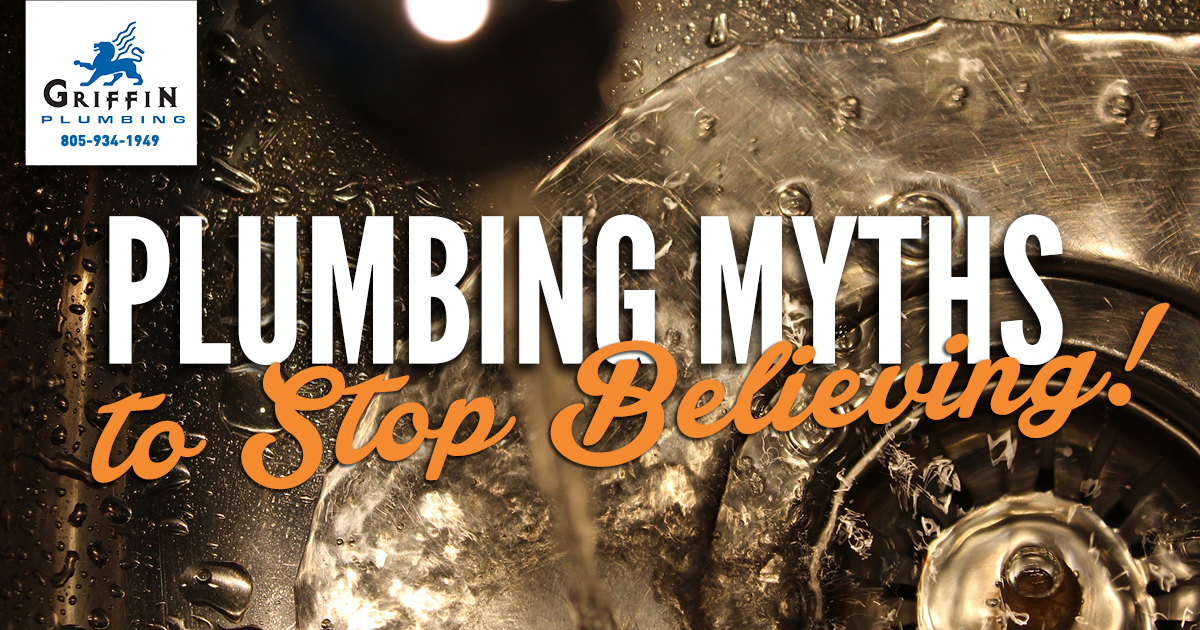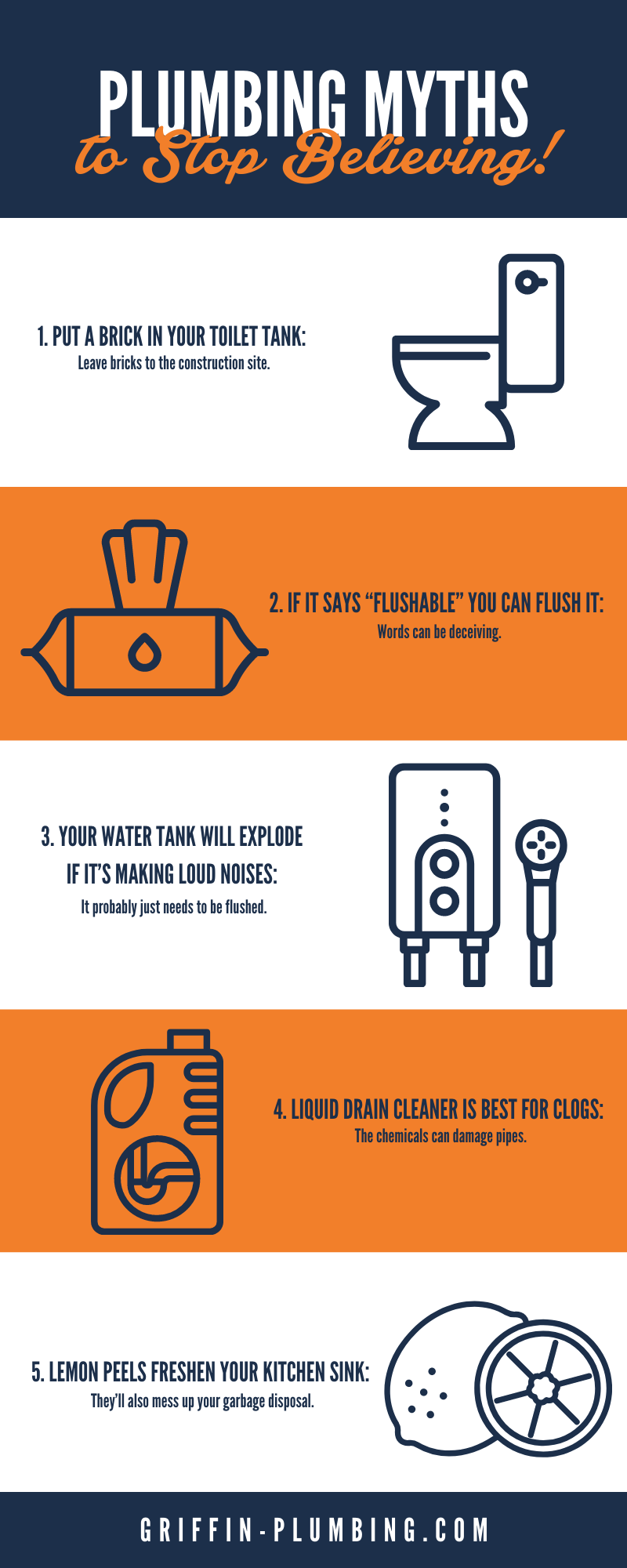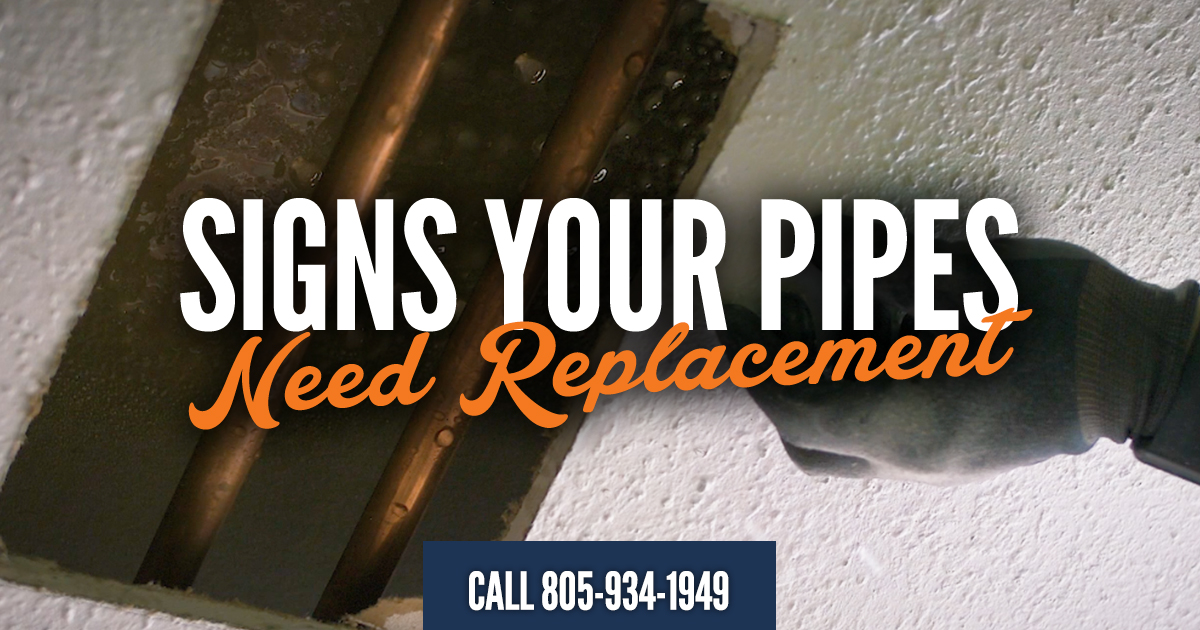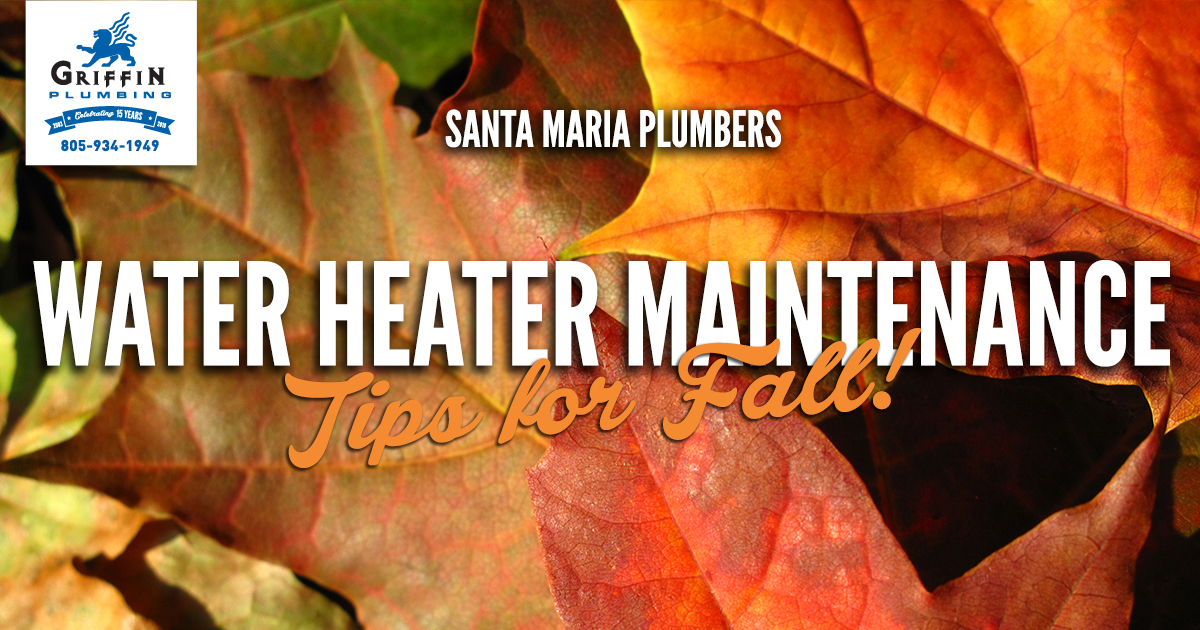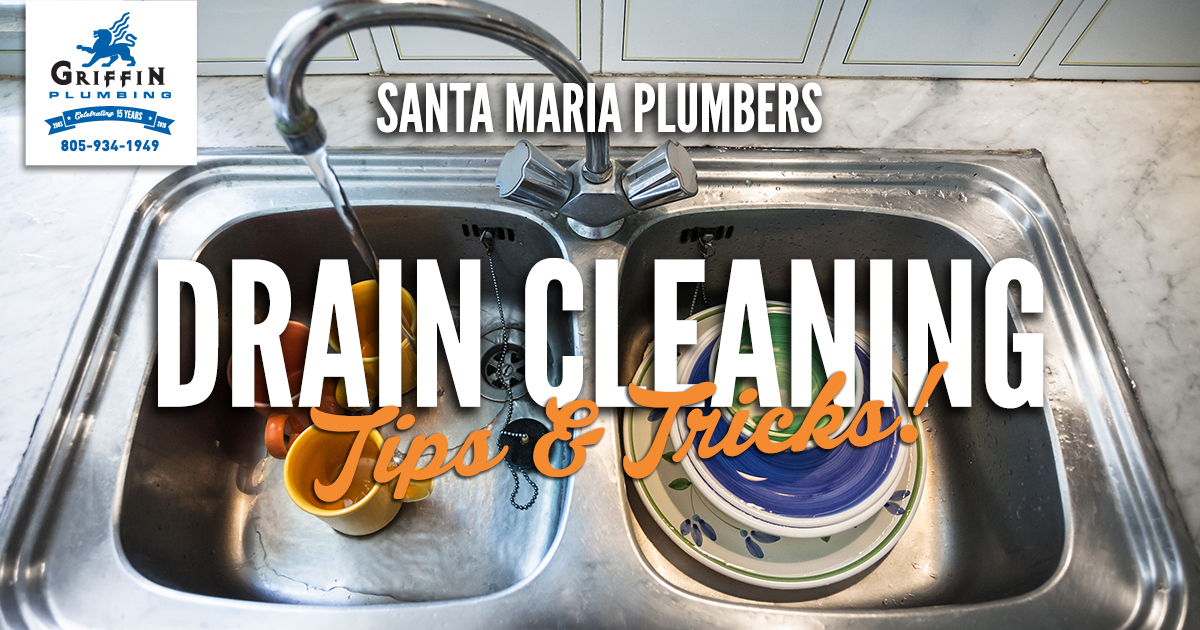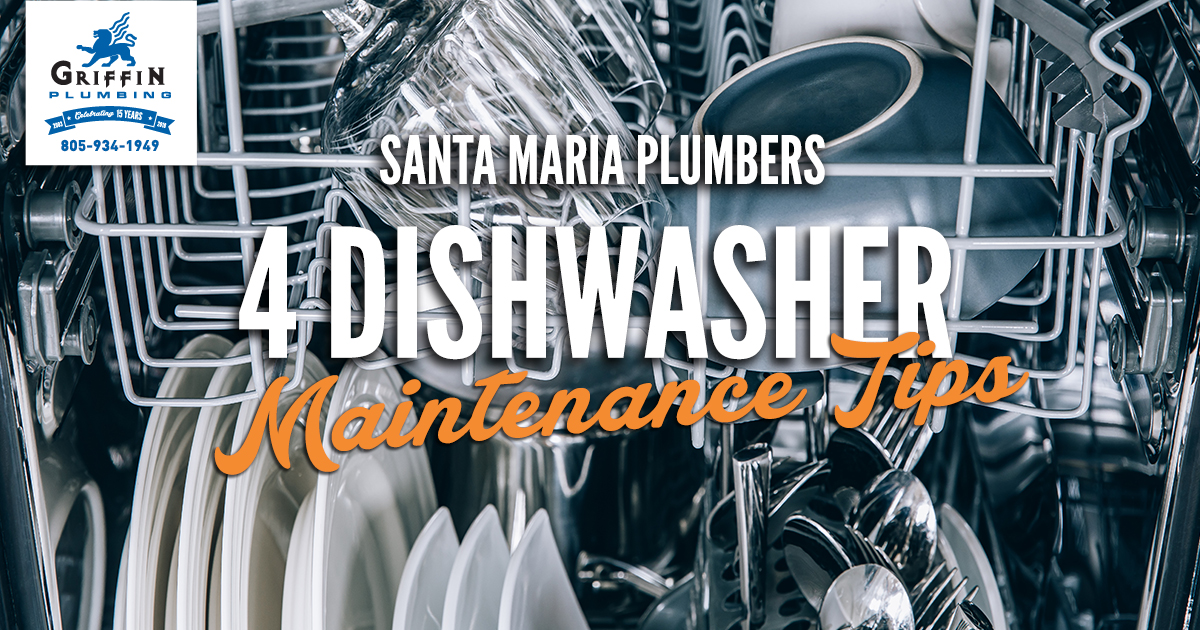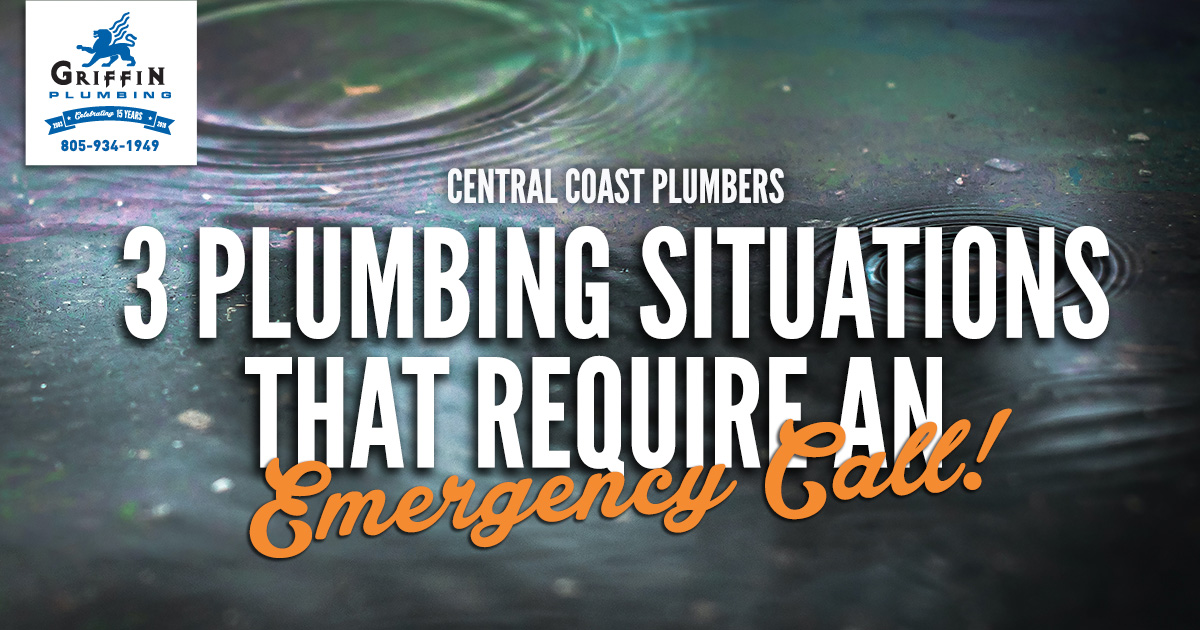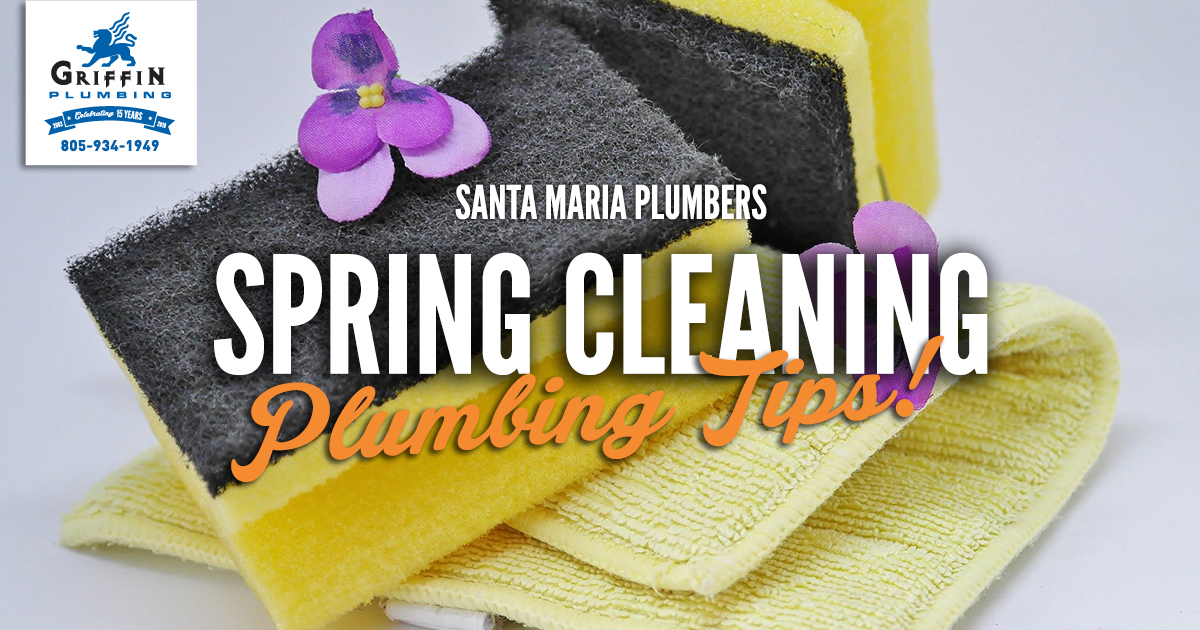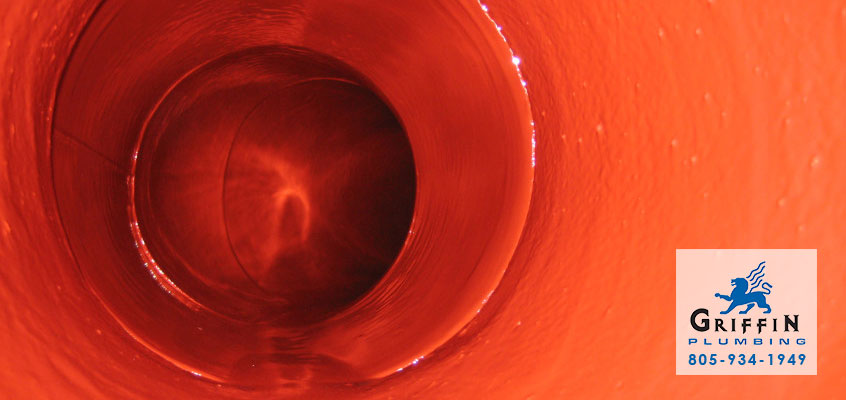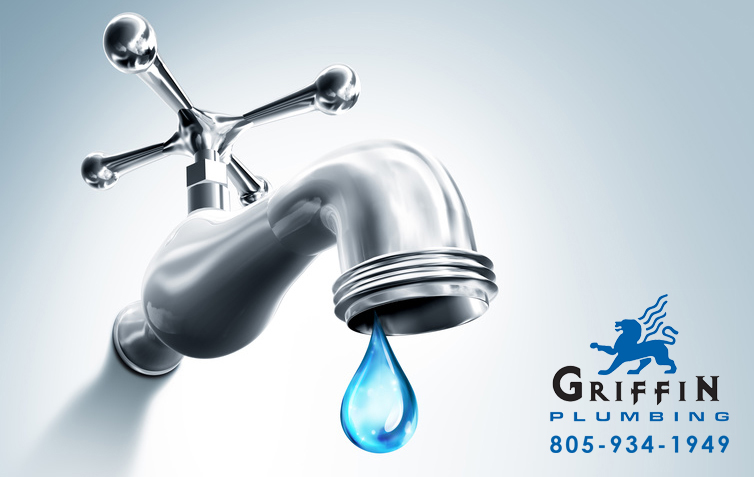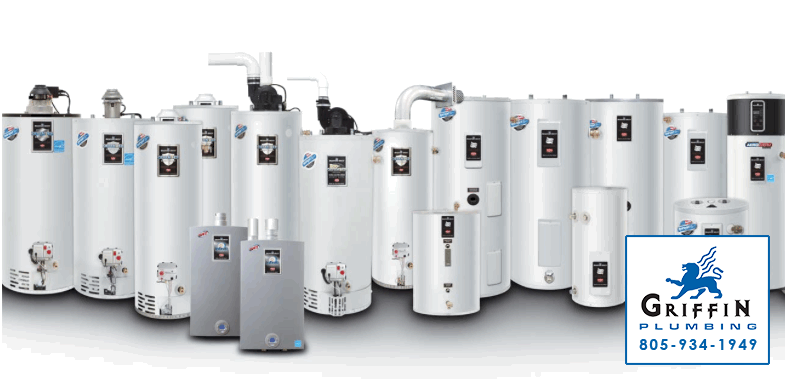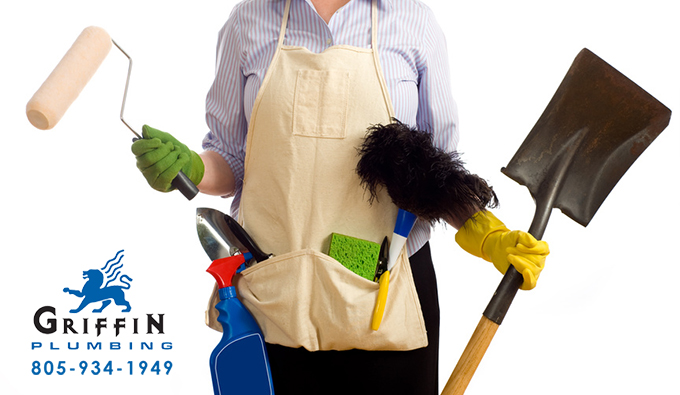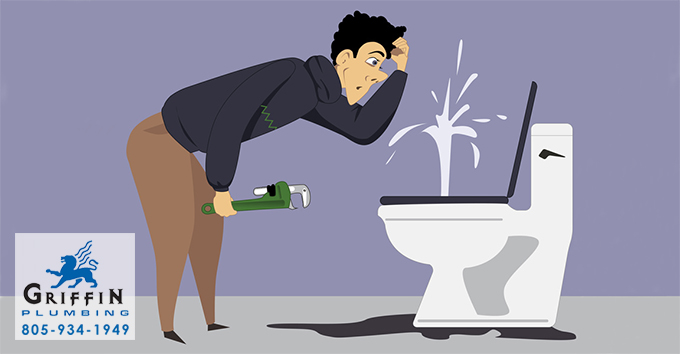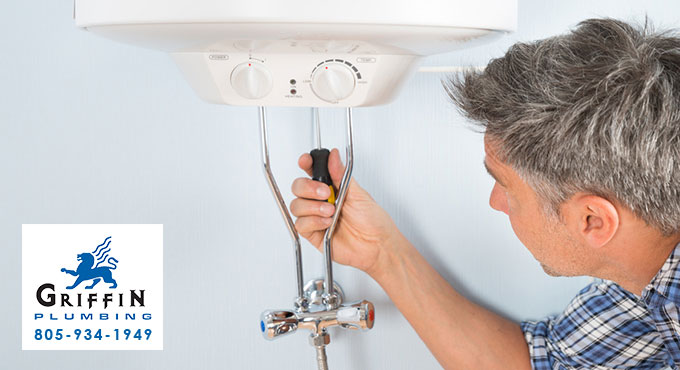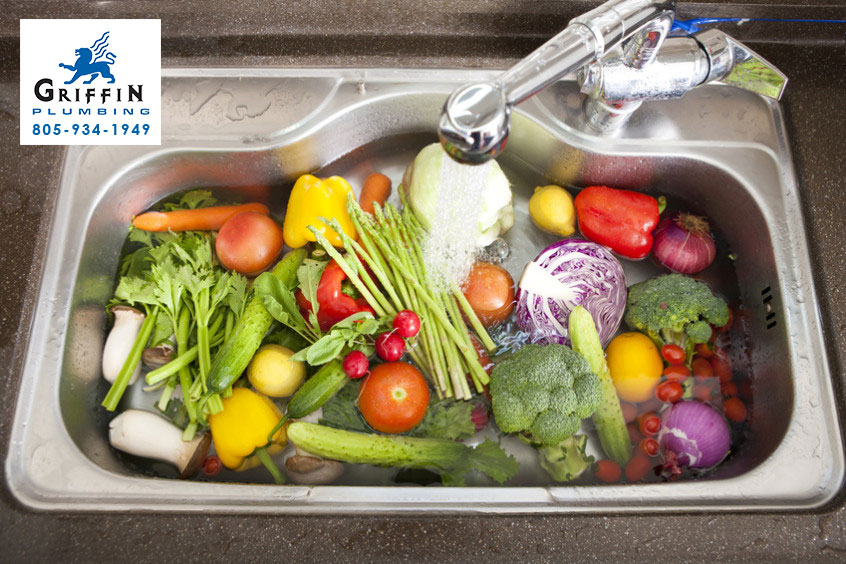We’re all familiar with stories of urban myth, almost all tall tales with little basis in reality. Ever heard of plumbing myths? Well, we’re here to tell you, they’re real; and like a good urban myth, best advice would be to not follow them.
Our friendly Santa Maria plumbers have come up with a list of plumbing myths, so the next time your next-door neighbor or uncle Jim tries to convince you of this or that, you’ll have the facts at hand.
Put a Brick in Your Toilet Tank
This might be the most far-fetched plumbing myth we’ve ever heard, but somewhere along the line, someone surmised that displacing water in your toilet tank with a brick would save money. Needless to say, this doesn’t work.
What’s more, it could cause some serious damage and actually cost you money. Brick sunk in water will fall apart over time, messing up your toilet and associated plumbing. You may actually wind up flushing more often, so save the bricks for walls and patios.
If it Says “Flushable” It’s… Flushable
“Flushable” wipes and other items marketed as such are rarely safe to flush. None of these products dissolve like toilet paper. They may actually flush without clogging your toilet, but they can create hidden clogs in your home’s plumbing over the long run. They can also be bad for a municipality’s water treatment system.
Loud Noises From Your Water Heater Means It’s Going to Explode!
Your water heater can actually explode, believe it or not. Malfunctions with the temperature and pressure valves can cause this – however, this is extremely rare. In reality, loud sounds from your water heater are likely made by sediment from hard water that’s built up inside the tank. Maintenance and sediment flushing can prevent this, prolong your water heater’s life and prevent a rare explosion.
Liquid Drain Cleaner is the Best way to Clear a Clog
We’ve all been there. You get a clog in your sink, so you head over to the local hardware store, pick up some cleaner, pour it down the sink and, presto, the clog is gone. But it doesn’t always end with that. Liquid clog remover can often cause more damage than good because those solutions are filled with erosive chemicals that can damage pipes. There are other, gentler ways, of removing a clog, including calling in the pros.
Lemon Peels Freshen up Your Kitchen Sink and Sharpen Your Disposal Blades
Sure, lemon, orange and lime peels smell nice. But they’re far from good for your disposal. Their pulpy skin can gunk up the blades on your disposal or get caught in the pipes. The acid from the fruit can even lead to long-term corrosion.
A better way is to pour in a mixture of vinegar of water with a handful of ice cubes. Here are more garbage disposal dos and don’ts.
If you have any questions about other plumbing myths you’ve heard, or if you’ve fallen for one of the above and are in need of a professional remedy, we’re always a call or click away.
